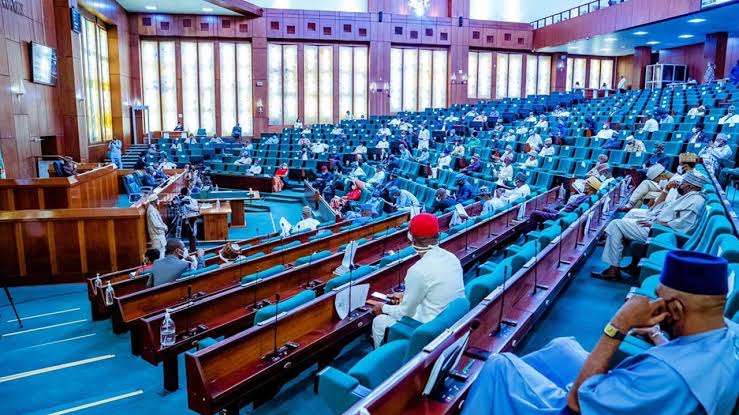The House of Representatives has mandated its Committee on Agricultural Production and Services to investigate non-delivery of 2,000 tractors implements and 100 combined harvesters after one year of federal government’s agreements with a company, John Deere Tractors.
The House also directed the committee to inquire on the status of the tractor assembly plants contemplated in the agreements with AFTRADE DMCC for establishment of a tractor assembly plant to produce 9,022 agricultural implements and 2,000 Belarus tractors annually.
This was sequel to the adoption of a motion moved by the member representing Edu/Moro/Patigi of Kwara State, Hon. Ahmed Adam Saba at plenary on Tuesday.
Moving the motion, Saba said noted that President Bola Tinubu had on July 13, 2023, declared a State of Emergency on food security, and a major component put forward to boost food production was massive agricultural mechanisation across the country.
He said the Federal Ministry of Agriculture and Food Security had signed an agreement with John Deere Tractors to supply 2,000 tractors implements and 100 combined harvesters annually.
The lawmaker recalled that; “The contract for a tractor assembly plant in Nigeria was agreed to cost $70,041,733.80 and N2,981,739,134.30, respectively, with actual equipment and delivery costs, the contract includes sales, after-sales services, spare parts, and training for mechanised service providers.
“The Federal Ministry of Agriculture and Food Security, pursuant to the Presidential Food Security Initiative (PFSI), entered into another five year agreement with AFTRADE DMCC for establishment of a tractor assembly plant to produce 9,022 agricultural implements and 2,000 Belarus tractors annually, this Agreement was estimated to cost Nigeria about $684,190,433.00 and N138,613,486,965.0 as actual equipment cost and delivery/assembly cost, respectively.
“Both agreements were laden with benefits to accrue to Nigeria if implemented, which include increased agricultural production, technology transfer, and reduction of the foreign currency expenditure on the purchase of ready-made equipment due to the growth of local production.”
Saba expressed worry that a year after the agreements were signed by the National Agricultural Development Fund and the Ministry of Agriculture and Food Security, no single tractor or implement has been received in Nigeria despite the huge public funds involved in these transactions.
He also expressed concern that the non-delivery of these tractors and implements is a setback to the Renewed Hope Agenda in Agricultural mechanization, noting that this posed challenge to Nigeria’s food sufficiency drive with two farming seasons lost since the signing of the agreements.





